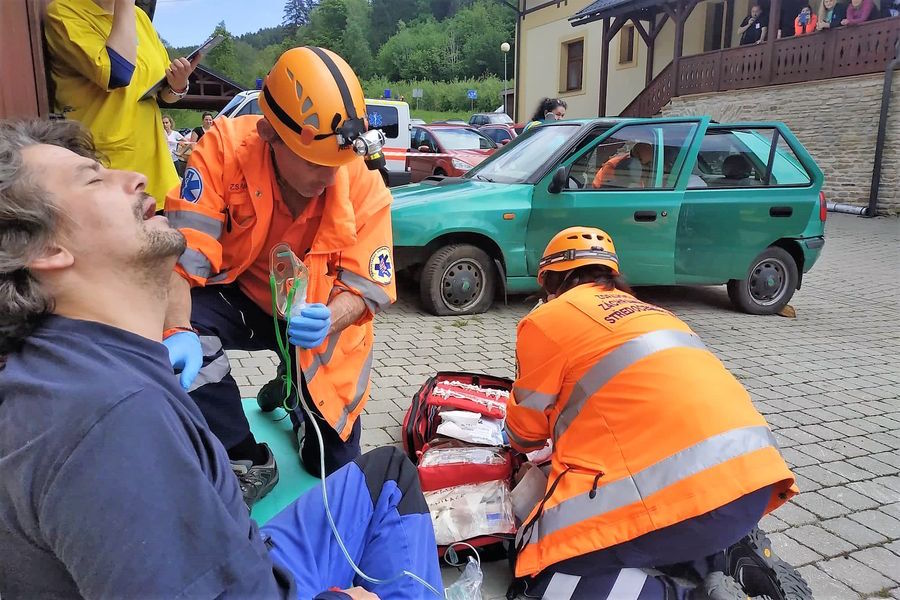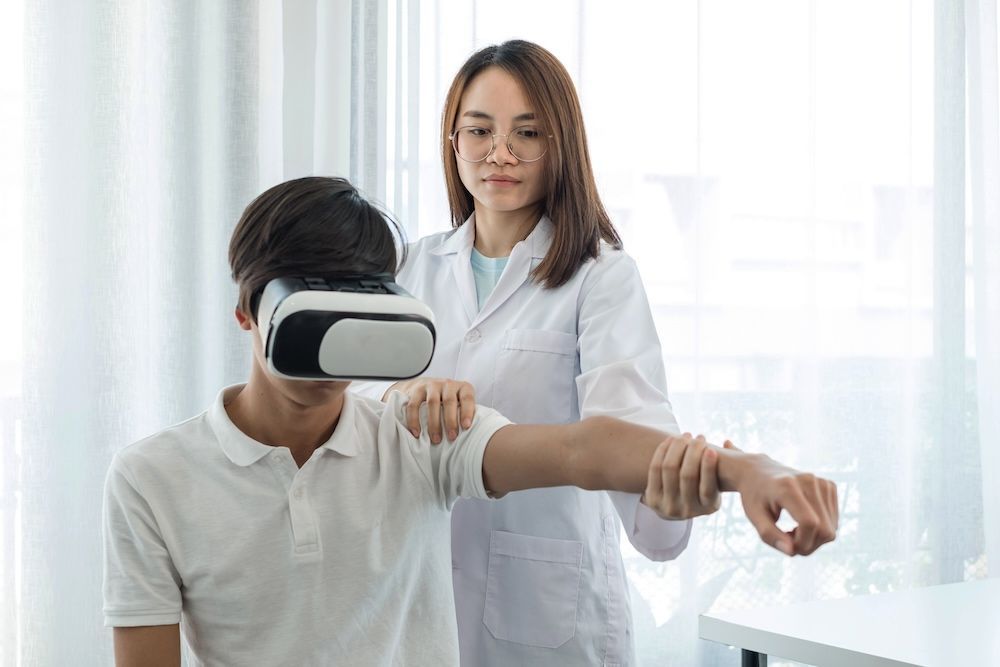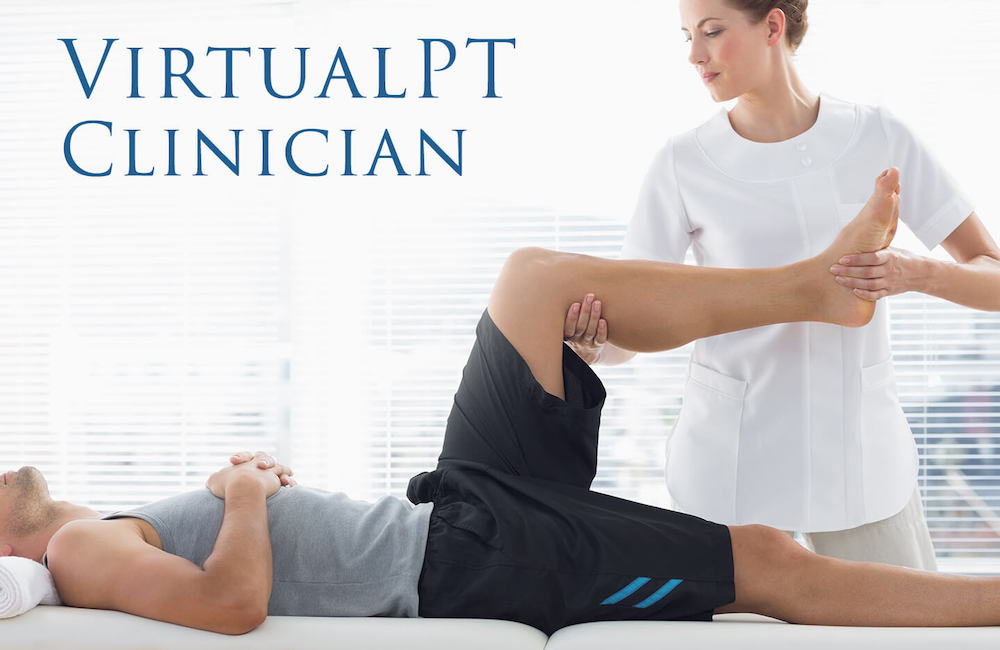Medical Simulation experiences during initial Emergency Medical Services (EMS) education has been shown to be beneficial in more ways than one. Interestingly, recent research conducted by Gurnakova and Gropel in Austria, suggests that experienced EMS practitioners may also benefit from healthcare simulation training (Gurnakova, J. Gropel, P. Prior Participation in Simulation Events is Associated With Simulation Team Performance Among Emergency Medical Service Professionals. Simul Healthc 2019;14(4):235-240). Today Dr. Kim Baily, PhD, MSN, RN, CNE, reports on the latest ems simulation research.
Although years of clinical practice have been linked to the quality of clinical performance, Gurnakova and Gropel suggest that excellence in clinical skills may be limited by a low number of chance encounters to low-frequency events, delayed feedback and the lack of opportunity to experience “high-difficulty” events.
Since healthcare simulation can address these issues, the authors suggest that simulation might improve clinical performance for all levels of practitioners, although further research is required. Their recent research examined the relationship between prior participation in simulation and years of experience in healthcare practice or EMS experience as predictors of in-simulation performance.
The research involved a cross-sectional study of a simulation-based EMS competition. Teams consisted of paramedics and physicians. Team members’ years of practice in healthcare and EMS and previous participation in simulation were assessed via a survey and were correlated with team performance in the simulation competition. Eleven scenarios were developed by EMS instructors. All raters had extensive experience in rating clinical performance in the field. In addition, all raters participated in rater training and were provided precise performance expectations along with a standardized rating form.
Not only did previous participation in simulation activities significantly and positively correlate with improved competition performance but the greater the past simulation experience, the better the team performed. Neither previous years in healthcare practice nor years in EMS practice correlated with simulation team performance. And, neither variable was predictive of team performance. Teams with most experienced practitioners still benefited from simulation experience.
Gurnakova and Gropel concluded that even experienced practitioners benefited from simulation participation because EMS practice is frequently changing and treatment regimens are becoming more complicated. Simulation is an ideal methodology for all practitioners to update their skills and practice complex treatment interventions while at the same time receiving feedback and preventing harm to patients.
Clinical Simulation provides a realistic environment, immediate feedback and an opportunity to practice rare clinical events. The authors propose that the amount of accumulated practice can help novice EMS learners become more efficient early on in their careers, however, the beneficial effect of accumulated years practice may flatten out with time. Additional findings from the study indicated that there was no difference between 3 and 4 person teams or between all paramedic and all physician teams.
The authors note that the simulation-based competition provided an opportunity for a standardized study with objectively measured in-simulation performance and testing of a wide variety of skills. They also noted that the study had no real-world provider performance and therefore they could not conclude that simulation use improves clinical practice. There was an opportunity for bias as the raters may have known some of the participants. The fact that the competition is very prestigious and there is much competition for entrance into the competition could have skewed the results since all participants were most likely highly motivated.
In addition, practitioners who regularly participated in simulation were more comfortable in simulation and therefore performed better in the simulation-based competition. Potentially, exposure of EMS staff to stressful situations in simulation could help them remain calm during high tension EMS interventions in the real world. In summary, Gurnakova and Gropel study indicates that simulation helps practitioners develop routines and safety behaviors, reduces uncertainty in the field and provides immediate feedback to learners.
Read the Full JEMS EMS Simulation Performance Article Here!
Have a story to share with the global healthcare simulation community? Submit your simulation news and resources here!







